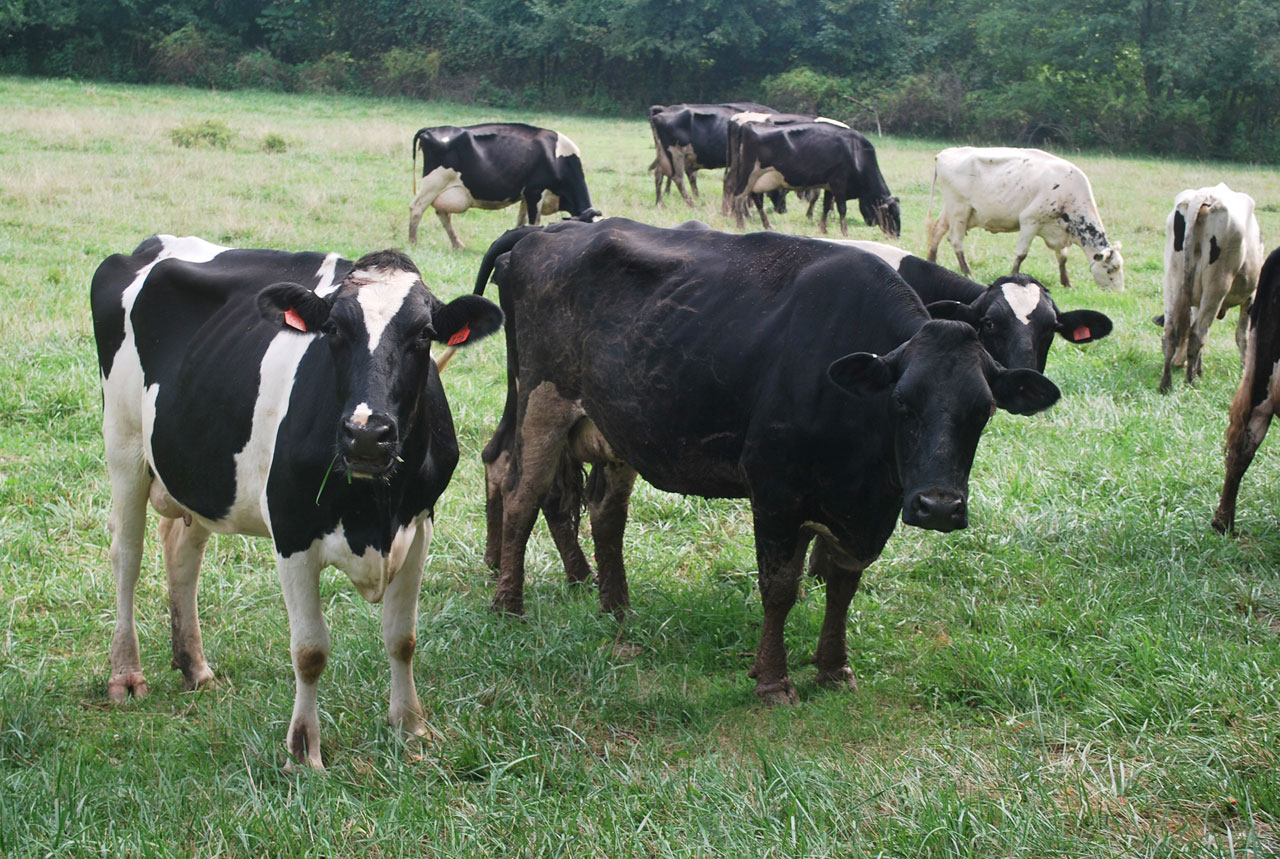Wednesday, May 24, 2017 - A study by a Virginia Tech research team, recently published in the Proceedings of the Royal Society B, found that manure from cattle administered antibiotics drastically changes the bacterial and fungal make-up of surrounding soil, leading to ecosystem dysfunction.
found that manure from cattle administered antibiotics drastically changes the bacterial and fungal make-up of surrounding soil, leading to ecosystem dysfunction.
The team analyzed soil samples from 11 dairy farms in the United States and found that the number of antibiotic resistant genes was 200 times greater in soil near manure piles compared to soil with no antibiotic exposure.
Soil microbial communities are important for sustaining ecosystem services such as climate regulation, soil fertility, and food production. Antibiotic exposure can have marked effects on soil microbes and these services.
The use of antibiotics on livestock in the United States is a growing concern, especially in instances when they are used to prevent rather than specifically treat disease.
While the human health implications of widespread antibiotic use are well known, this research highlights that antibiotic additions to soil (through cattle manure application) have the potential to alter soil function in important ways, particularly as related to carbon cycling.
Learn more at this link